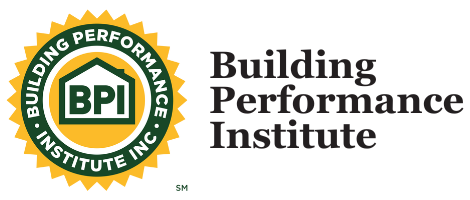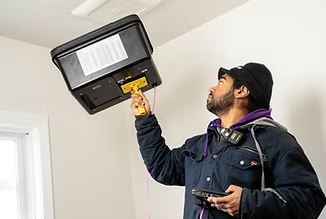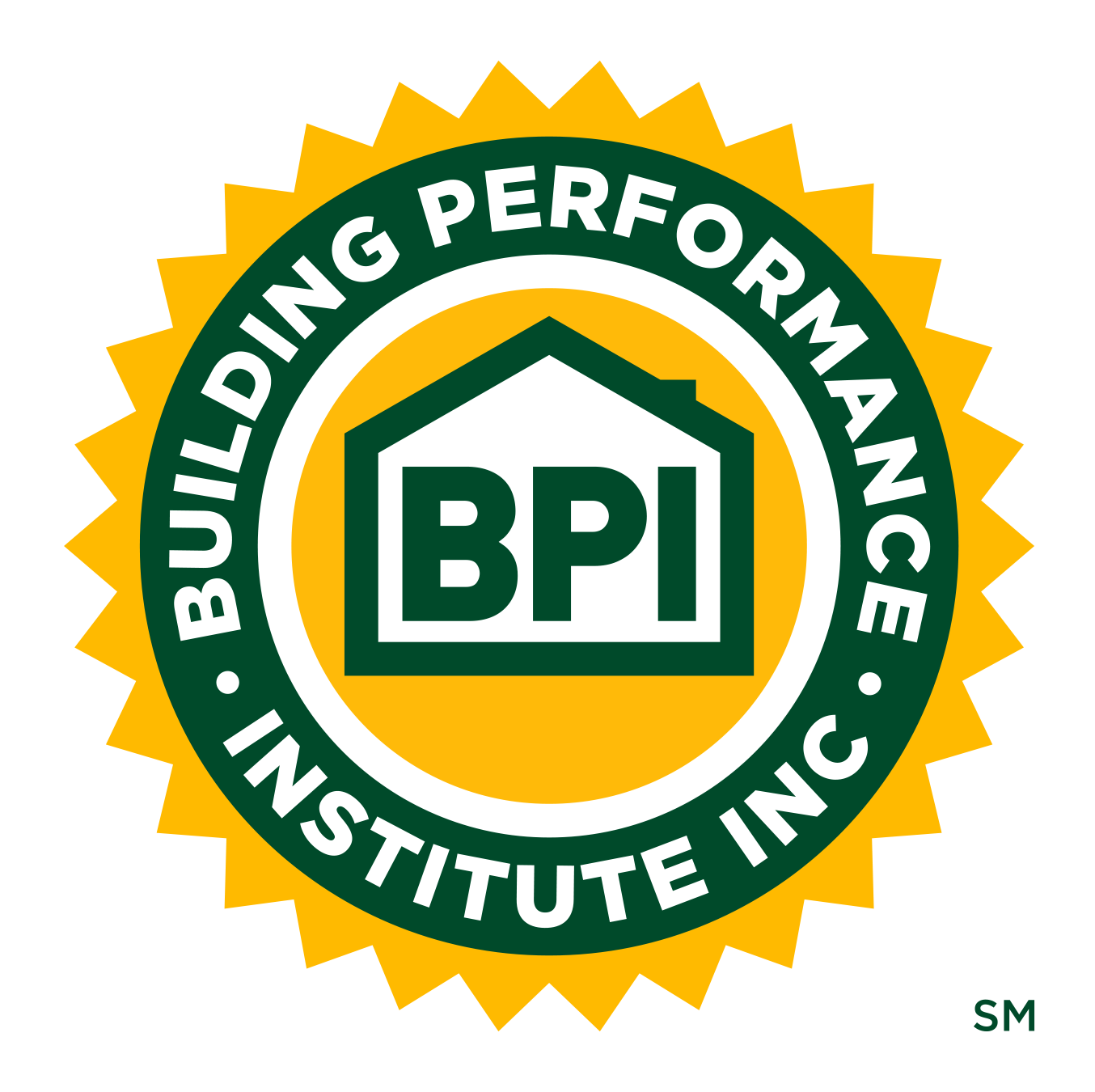The Building Performance Institute, Inc. (BPI) is seeking applicants to join its Standards Technical Committees (STC). STCs develop standards in an open and transparent manner in accordance with American National Standards Institute (ANSI)-accredited BPI standards development procedures.
STC members are appointed by BPI’s Standards Management Team upon application and careful review to ensure that its membership is composed of participants from diverse interest categories and that its decisions are balanced, reflecting the views of all industry stakeholders.
BPI Interest Categories
The standards development process ensures transparency and inclusivity, allowing diverse perspectives and feedback to shape the final product.
Each voting member of a technical committee must assign themselves to an interest category. This requirement comes from both ANSI Essential Requirements and BPI’s own procedures, ensuring that no single perspective dominates the committee. Interest categories help maintain balance in the standards development process, promoting fairness, transparency, and broad acceptance of the standard.
BPI defines our interest categories as follows:
-
Industry: A member who is involved with researching, designing, producing, distributing, or selling materials or products related to the body of standards.
-
User: A member who purchases, uses, installs or specifies materials, products, systems, or services related to the body of standards.
-
General Interest: General Interest members are neither Industry nor User members. This category may include programs, utilities, government, health/safety professionals, other organizations or associations.
Have a Voice in Standards Development
BPI is seeking individuals from diverse interest categories to serve on the STCs. Individuals from all interest categories are encouraged to apply. Each STC is responsible for the review of the following BPI standards:
Single-Family Standard Technical Committee (SF-STC)
ANSI/BPI-1100 Home Energy Auditing Standard
-
American National Standard for home energy auditing.
-
This standard provides the requirements for energy auditing professions in the U.S.
-
Requirements for conducting a whole-house, building science-based residential whole-building assessment
-
Provides auditors with guidance on prioritizing recommendations to homeowners to optimize home performance while maintaining or improving health and safety, occupant comfort, and building durability.
ANSI/BPI-1200: Standard Practice for Basic Analysis of Buildings
-
American National Standard structured to be used in conjunction with ANSI/BPI-1100
-
Specific procedures on how to meet the requirements of ANSI/BPI-1100
-
The “how to do an energy audit” standard
Multi-Family Standard Technical Committee (M-STC)
BPI-1105, Technical Standards for the Multifamily Building Analyst Professional
-
Minimum criteria and technical procedures for evaluating multi-family buildings and outlines specific technical procedures associated with the evaluation.
-
Scope includes on-site evaluation of residential units, common area public spaces, and building systems affecting energy use in those spaces.
Data Modeling Standards Technical Committee (DM-STC)
BPI-2400, Whole House Energy Savings Estimates
-
Specifies a process to calibrate the model to actual energy use of a home
-
Referred to as “the Delta standard”
-
Set of criteria to be used in the final calculation of standardized estimated savings
-
BPI-2400 Work Group reviews and reports up to DM-STC
BPI-2100, Home Performance Related Data Transfer
-
Standardizes the name, definition, format, and exchange of more than one thousand terms used by the residential energy efficiency industry
-
Referred to as “the HPXML standard”
-
HPXML Work Group reviews and reports up to DM-STC
How to Apply to the STCs
BPI’s STCs normally meet virtually once a month for 1-2 hours and communicate via email between meetings. Members who participate in BPI Standards Technical Committees are eligible for Continuing Education Units (CEUs).
Interested individuals must submit a completed application form providing contact information, subject matter area, qualifications, affiliations that may affect their interest category, and willingness to actively participate.
New members will be appointed to a term of up to three years. The size of the STC will be capped at 30 members.
Apply to join using the ![]() Application for Membership on BPI’s Standards Technical Committees.
Application for Membership on BPI’s Standards Technical Committees.
Applications must be submitted electronically by November 17, 2025, in accordance with the instructions on the form.
For more information about BPI standards, visit http://www.bpi.org/standards.



